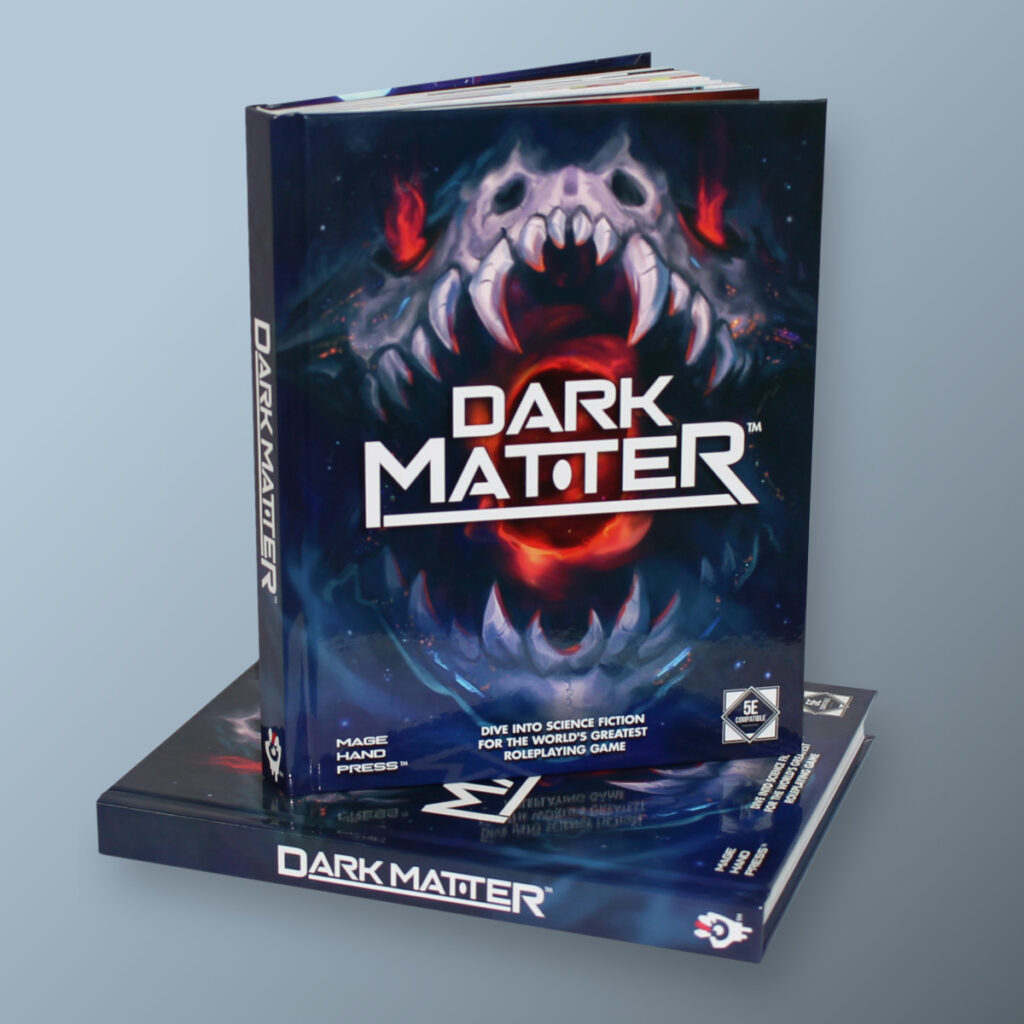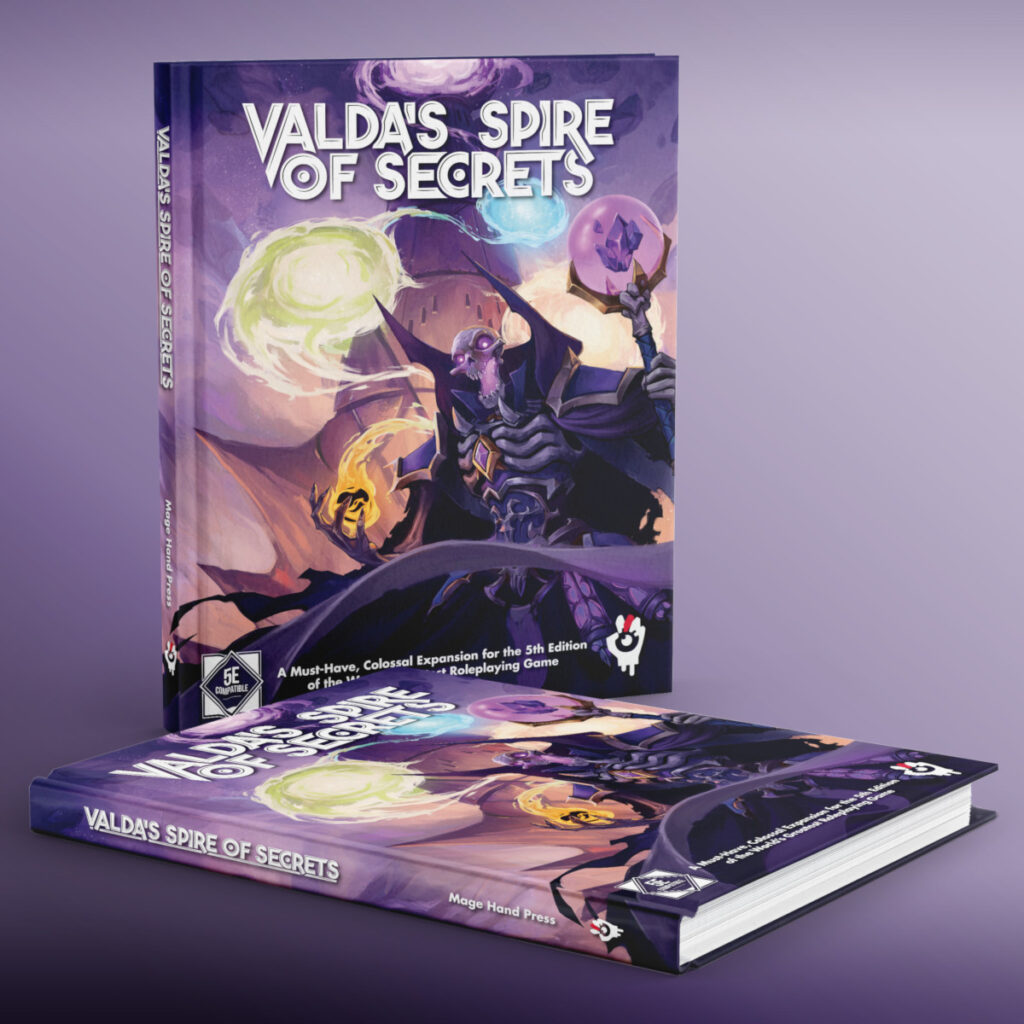Comments from the Finger: Did you ever want to play a secret spellcaster? You know, where the whole party thinks you’re a rogue or something, but you’re actually doing all your skillmonkey stuff with spells, and your sneak attack is actually cantrips?
(Also this is the best way to play a spellcaster in a professional game of siegeball and not be disqualified.)
School of Charade
Spellcasters are distrusted in almost as many places as they’re welcome. After all, it’s hard to blame people for being suspicious of those who can summon fire from their fingertips or animate the dead in their graves. Wizards who adopt the School of Charade, therefore, use illusions and enchantments to disguise their magic entirely, walking among others as if they were simple mundane folk. These spellcasters can find success almost anywhere, disguising their magical talent as any number of other useful skills, from craftsmanship, to trade, and even to sports like siegeball. Only in the direst circumstance to these wizards drop their façade; the element of surprise is their greatest advantage.
Furtive Spellcaster
Starting when you choose this school at 2nd level, you completely hide your wizardly nature. You gain proficiency in Deception and you can add your Intelligence modifier, instead of your Charisma modifier, to Charisma (Deception) checks you make.
You can disguise your spellbook and arcane focus as other objects, if you choose.
Additionally, whenever a humanoid that does not know you are a spellcaster makes a saving throw against a spell that you cast, you can choose for it to gain disadvantage on the save. If you do so, the target knows that you are the source of the spell. Once you use this ability, you can’t use it again until you finish a long rest.
Concealed Spell
At 2nd level, you can suppress the visual effects of wizard cantrips you cast. If a cantrip would have a visual manifestation, such as the spectral hand of a mage hand cantrip or a fire bolt‘s mote of flame, it is instead rendered invisible. The effects of the spell on its environment, such as objects moved by mage hand or those set aflame by fire bolt, are still visible. Other effects of the spells, such as the sound of their casting or creatures summoned by the effects of the spell, are unaffected.
When you cast a spell in this way, you must still provide material components, but somatic and verbal components that you provide can be disguised. You can make a Charisma (Deception) check, opposed by the Wisdom (Perception) check of any creature that watches you cast the spell. If you succeed, the somatic and verbal components are disguised in any manner that you choose.
As you gain higher levels in this class, you can conceal the effects of higher level wizard spells, as shown on the table below.
| Wizard Level | Spells Level |
| 3rd | 1st |
| 5th | 2nd |
| 9th | 3rd |
| 13th | 4th |
| 17th | 5th |
Alibi
Starting at 6th level, you can make a persistent illusory duplicate of yourself that will pretend to perform mundane tasks while you are elsewhere. This duplicate seems completely real, including sounds, smells, and temperature appropriate to the task depicted. Physical interaction with the duplicate reveals it to be an illusion, however, because things can pass through it.
If the duplicate is spoken to, you can hear what is said to it and respond mentally; the duplicate speaks your response aloud. You can also use your action to command the duplicate to move around, but it disappears if it moves more than 30 feet from where it is created. This duplicate lasts for 8 hours, or until you dismiss it (no action required.) Once you create a duplicate, you can’t do so again until you finish a long rest.
Subtle Magic
Starting at 10th level, you can cast any wizard spell without providing somatic components or verbal components (your choice when you cast the spell).
Forgetting Glance
By 14th level, you’ve mastered a technique to muddle the memories of those who have learned your arcane secret. As an action, you can glare at a creature you can see within 60 feet of you who can also see you. This creature must make a Wisdom saving throw against your spell save DC. On a failed save, the target forgets the events of the last minute, and has disadvantage on attack rolls and ability checks on its next turn, owing to the vertigo of having one’s memories tempered with.
Once you use this ability, you can’t use it again until you finish a short or long rest.



